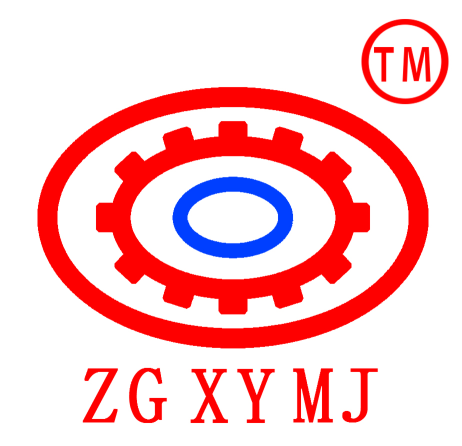Exploring the Benefits of Tungsten Carbide Precision Balls in Mining and Processing Machinery
Release time:
2025-03-02
Tungsten carbide precision balls are made from a composite of tungsten and carbon, resulting in a material that is both exceptionally hard and highly wear-resistant. These properties make tungsten carbide an ideal choice for applications that require components to withstand high levels of stress and abrasion. In the context of mining and mineral processing machinery, these precision balls are often used in bearings, valves, and other critical parts where reliability and performance are paramount.
One of the primary advantages of tungsten carbide precision balls is their density. They are significantly heavier than other materials, which contributes to their stability and reduced vibration during operation. This stability is crucial in high-speed applications, as it minimizes wear on machinery and extends service life. Consequently, using tungsten carbide precision balls can lead to lower maintenance costs and less downtime, which are vital factors in the competitive landscape of the mining industry.
In addition to their physical properties, tungsten carbide precision balls exhibit excellent resistance to corrosion and chemical reactions. This characteristic is particularly beneficial in mining operations, where equipment regularly comes into contact with abrasive materials and harsh chemicals. By incorporating tungsten carbide components, manufacturers can enhance the longevity of their machinery, ensuring that it remains operational even in challenging environments.
Moreover, tungsten carbide precision balls provide superior dimensional accuracy. This precision is essential in applications where maintaining tight tolerances is necessary for the efficient operation of machinery. Utilizing precision balls ensures smoother functionality, which translates to improved product quality and reduced operational costs.
Another noteworthy aspect of tungsten carbide is its thermal stability. Unlike many other materials, tungsten carbide can withstand extreme temperatures without losing its structural integrity. This property is beneficial in mining and processing environments, where equipment often operates under high temperatures due to friction and other factors.
Lastly, tungsten carbide precision balls are versatile and can be manufactured in various sizes and specifications to meet the specific needs of different applications. This adaptability allows mining and mineral processing operations to optimize their machinery for enhanced performance and efficiency.
In summary, the integration of tungsten carbide precision balls into mining and processing machinery offers numerous advantages, including enhanced wear resistance, increased stability, superior dimensional accuracy, and excellent thermal and chemical resistance. By leveraging these benefits, companies in the industry can improve their operational efficiency and reduce long-term costs, ultimately leading to a more successful mining operation.
One of the primary advantages of tungsten carbide precision balls is their density. They are significantly heavier than other materials, which contributes to their stability and reduced vibration during operation. This stability is crucial in high-speed applications, as it minimizes wear on machinery and extends service life. Consequently, using tungsten carbide precision balls can lead to lower maintenance costs and less downtime, which are vital factors in the competitive landscape of the mining industry.
In addition to their physical properties, tungsten carbide precision balls exhibit excellent resistance to corrosion and chemical reactions. This characteristic is particularly beneficial in mining operations, where equipment regularly comes into contact with abrasive materials and harsh chemicals. By incorporating tungsten carbide components, manufacturers can enhance the longevity of their machinery, ensuring that it remains operational even in challenging environments.
Moreover, tungsten carbide precision balls provide superior dimensional accuracy. This precision is essential in applications where maintaining tight tolerances is necessary for the efficient operation of machinery. Utilizing precision balls ensures smoother functionality, which translates to improved product quality and reduced operational costs.
Another noteworthy aspect of tungsten carbide is its thermal stability. Unlike many other materials, tungsten carbide can withstand extreme temperatures without losing its structural integrity. This property is beneficial in mining and processing environments, where equipment often operates under high temperatures due to friction and other factors.
Lastly, tungsten carbide precision balls are versatile and can be manufactured in various sizes and specifications to meet the specific needs of different applications. This adaptability allows mining and mineral processing operations to optimize their machinery for enhanced performance and efficiency.
In summary, the integration of tungsten carbide precision balls into mining and processing machinery offers numerous advantages, including enhanced wear resistance, increased stability, superior dimensional accuracy, and excellent thermal and chemical resistance. By leveraging these benefits, companies in the industry can improve their operational efficiency and reduce long-term costs, ultimately leading to a more successful mining operation.
Hot News

